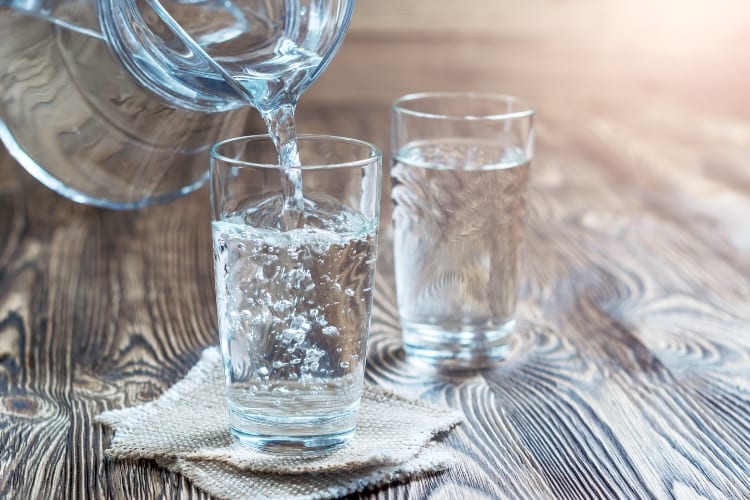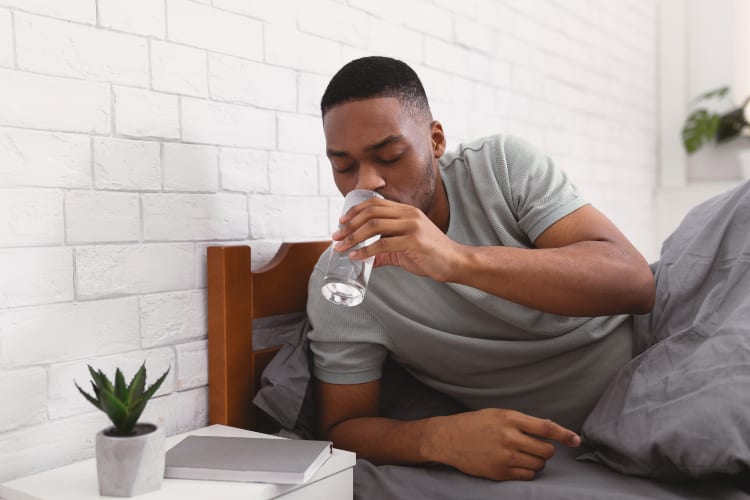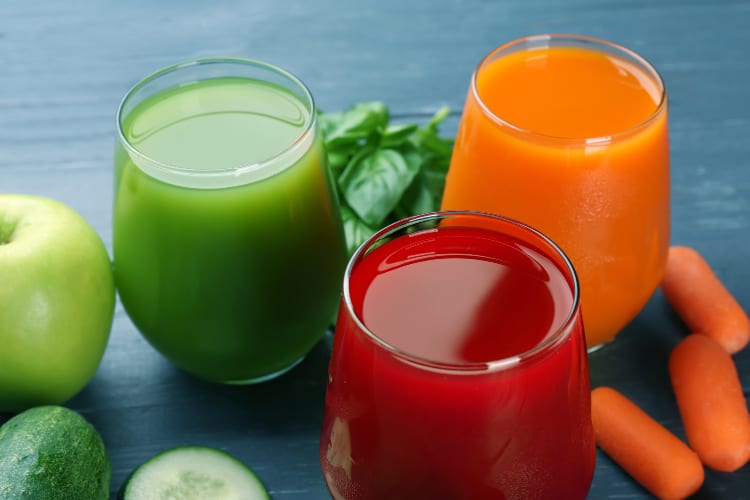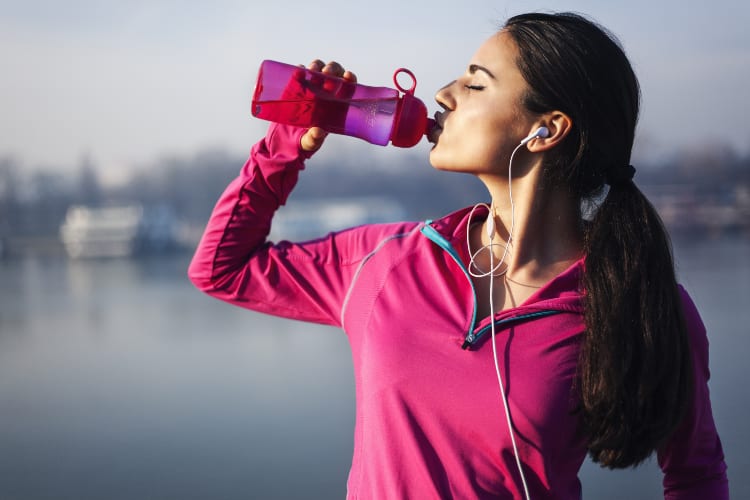
How much water should you drink to stay hydrated? We’ve all wondered about it, now let’s get to the bottom of it!
How Much Water To Drink

Most of us have heard that you should drink 8 glasses of water a day. But how much is a glass and is that really enough? Well, our bodies lose water very easily. Everything from sweating to even breathing uses water. So, it’s very important to drink enough water, or you’ll end up dehydrated. Feeling weak and tired? Then, it might be dehydration. Even the smallest lack of water in the system can drain the body.
So, be it pure water, food, or drinks, the average man has to receive around 15.5 cups of fluids a day, while an average woman needs 11.5 cups of fluids a day, according to the U.S. National Academies of Sciences, Engineering, and Medicine. While that might seem like a lot, there are more ways to get your water than just drinking it…
Getting Hydrated Through Food

While most of it should come from water, around 20% of fluids travel to our bodies through food. A healthy diet already provides great hydration because most fruits and vegetables provide bodies with fluids. Watermelon and spinach, for example, are nearly 100% of water.
However, you should still make sure to drink water with every meal and between meals. It’s especially important on days when you feel tired or are exercising. While it’s technically possible to drink too much water, it’s rarely a serious problem on its own and your body will give you signs it’s had enough long before you need to worry.
Balancing Drinking And Life

Now, back to eight glasses of water a day. On one hand, it’s a great point of view for most people – a starting point for those who want to drink enough and feel better. On the other, most healthy humans can rely on drinking only when they are thirsty, without forcing themselves. There are a few important factors that determine how much fluid one should consume a day.
People who exercise and sweat a lot should drink more because they lose a lot more. Drinking is important before and after working out. That also touches on humidity and hot weather – that’s why water intake is particularly important during summer. Health issues like fever and vomiting push the body to lose fluids very fast as well. Apart from consuming water and tea, ask the doctor to prescribe oral rehydration solutions. Pregnant and breast-feeding women have to drink more water than usual, too.
The sign of a good fluid intake is a very rare feeling of thirst and the right color of urine – it should be colorless or slightly yellow. Otherwise, contact a doctor and ask them how much is enough for you.
Sources: Mayo Clinic, Living101
